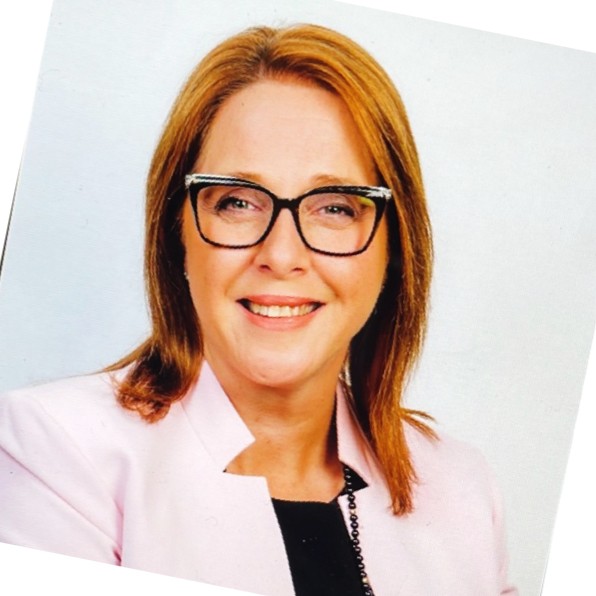
Your grandparent has arthritis in their knees, which can make it difficult for them to walk around their home. What if they had access to robot limbs to help them move around more independently without experiencing pain? Your parent has been diagnosed with a heart condition, and your entire family is constantly worried about their health. What if a device worn on their wrist could monitor their vitals all day, alerting you and their caregivers of anything concerning? Your grandparent has been labeled a fall risk but they don’t want to lose their independence. What if they had a lamp in their room that would automatically turn on when they stood up and illuminate their path as they walked? And then what if that lap also had a built-in sensor that could summon help if they were to fall over?
These sound like scenarios straight out of the future, but this technology already exists. And it’s already being explored for its impact on the senior care industry.
The population is aging at an accelerated rate. Just a few years ago, around one in every 11 Americans — or 44 billion people — were over 65. By 2050, that number is expected to double to 88 billion people. As people age, their health needs increase. Our healthcare system must be equipped to handle these changes and address the gaps in this otherwise underserved patient population. In response to these changes, an entirely new sector of technology has emerged to meet the health needs of seniors: age tech.
What Is Age Tech?
Age tech, also known as aging technology, refers to the use of technology to support the needs of aging adults. It encompasses a broad range of technology-based products and services designed to assist seniors in maintaining their independence, improving their quality of life, and addressing health and wellness concerns.
Age-tech solutions can take various forms, including wearable devices, mobile apps, remote monitoring systems, virtual reality, and telemedicine. These technologies can help seniors in areas such as medication management, fall prevention, cognitive functioning, and social isolation. The goal of age tech is to enable seniors to maintain their independence for as long as possible, whether at home or within skilled nursing facilities or other long-term care centers, while also helping healthcare organizations achieve better patient outcomes.
How Age Tech Supports Better Patient Outcomes
Above, I briefly touched on technology can be utilized to grant greater independence while also still keeping older adults safe. The tech mentioned in those scenarios does exist, like Nobi’s AI-powered smart lamp that lights up an entire room when it detects movement to prevent seniors from tripping or falling over objects as they walk. But how can age tech be used to promote more positive outcomes?
High-Quality Care From Anywhere
One of the significant challenges in senior care is their inability to travel to healthcare facilities for regular check-ups and appointments. With the introduction of telemedicine, patients can now receive medical consultations and treatment without leaving their homes. This technology uses video conferencing to connect patients with doctors, nurses, and other healthcare professionals. Telemedicine is particularly useful in remote areas where there is a shortage of healthcare facilities and professionals.
Remote monitoring is another age-tech solution transforming senior care. It involves the use of wearable devices and sensors to track and monitor the patient’s health. These devices can measure vital signs, such as blood pressure, heart rate, and oxygen levels, and alert healthcare professionals if there is a problem. Remote monitoring enables healthcare professionals to detect health problems early and provide timely interventions, reducing the risk of hospitalization and improving patient outcomes. This is why more and more senior care facilities are utilizing innovations like smart beds to help healthcare workers have even more visibility into their patient’s health.
Medication Management
Seniors often take multiple medications, which can be challenging to manage, leading to medication errors and adverse drug reactions. Age-tech solutions are helping seniors manage their medications more efficiently. Electronic medication dispensers can be programmed to dispense medication at specific times, ensuring that the patient takes the correct dose at the right time. The dispensers can also send alerts to healthcare professionals if the patient misses a dose. Medication management apps can also be used. These apps send reminders to take medication, track medication schedules, and allow users to input information about their medication, such as dosage and side effects. Some even allow users to refill their prescriptions online and have them delivered to their doorstep.
Cognitive Functioning
Cognitive decline is a common problem in seniors. Over 6 million Americans age 65 and up have been diagnosed with Alzheimer’s. Age tech can help seniors maintain their cognitive functioning and prevent cognitive decline. Brain training apps and games can help seniors improve their memory, attention, and problem-solving skills. These apps provide fun and interactive exercises that challenge the brain and promote cognitive health.
Virtual reality is another example of a technology that has been successful in improving cognitive functioning in seniors. Virtual reality can provide immersive experiences that stimulate the brain and improve cognitive function. For example, virtual reality programs can provide simulations of real-world environments, allowing seniors to practice problem-solving skills and improve their memory.
As people continue to reach old age in droves, age tech will play an increasingly important role in healthcare, providing solutions to the challenges faced by seniors and their caregivers. As technology continues to advance, we can expect to see even more innovative age-tech solutions in the future, revolutionizing the way we approach senior care.
About Melissa Powell
Melissa Powell is the executive vice president and chief operating officer of Genesis HealthCare. She was previously president and chief operating officer of The Allure Group, a New York City-based nursing home operator. Melissa has 20 years of experience coordinating, assessing and improving senior care utilizing a market-focused model in New Jersey and New York.

